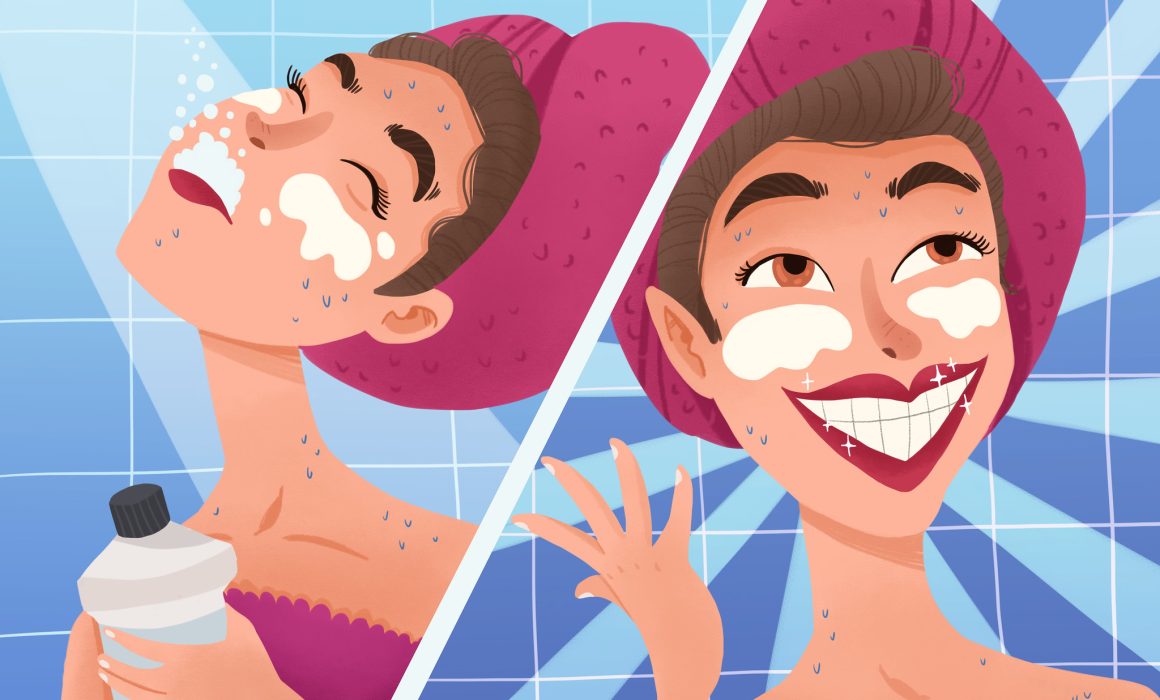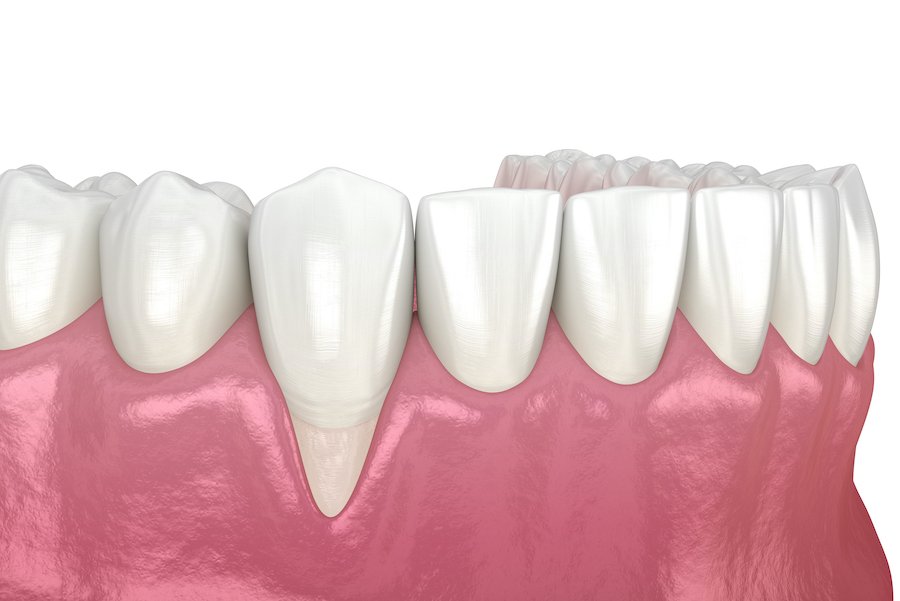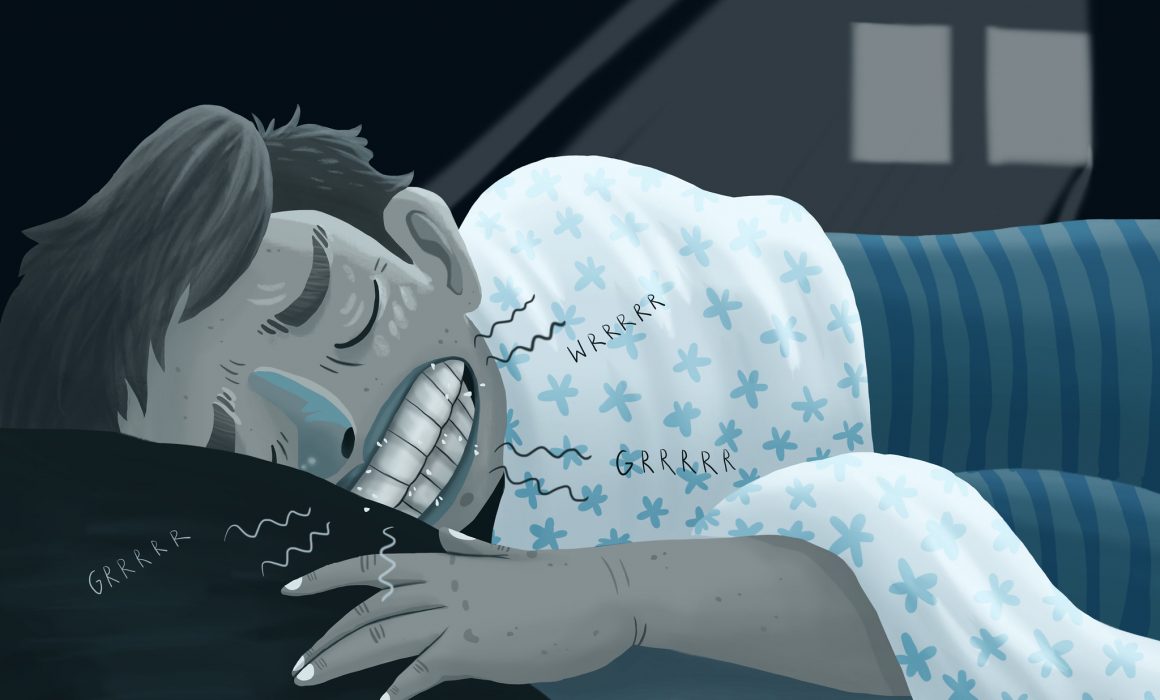Does Mouthwash Actually Improve Your Dental Health?
When it comes to oral hygiene, we often think of brushing and flossing as the key players. But what about mouthwash? Does it genuinely improve your dental health, or is it just a fresh breath booster? Let’s dive into the facts with some insights from Serenity Dental Studio in Frisco, TX.
The Benefits Of Using Mouthwash
Mouthwash can be a great addition to your daily dental care routine. Many mouthwashes contain antiseptic ingredients that help reduce the bacteria in your mouth, which can lower the risk of gum disease and tooth decay. Additionally, mouthwash can reach areas that brushing and flossing might miss, offering an extra layer of protection.
Addressing Specific Dental Issues
Mouthwash isn’t just a one-size-fits-all solution. Different types can help with specific dental issues:
Dry Mouth: Products like Biotene or CloSys are specially formulated for dry mouth. They help to moisturize and soothe, providing relief without the use of alcohol, which can exacerbate dryness.
Sensitivity: If you experience sensitivity to typical mouthwashes, CloSys is a gentle, non-irritating option that’s worth a try. If you are post chemotherapy, CloSYs could help relieve discomfort, although some patients may prefer a prescription mouthwash (i.e. “Magic Mouthwash”).
Fresh Breath: For long-lasting fresh breath, Therabreath is a popular choice. It neutralizes bad breath and can even help with conditions like tonsil stones.
Mouth Sores: Dealing with mouth sores? Colgate Peroxyl mouthwash can help speed up the healing process thanks to its oxygenating action, which cleans and soothes.
Gingivitis: OraCare and Therabreath can be great options if you want to supplement brushing and flossing.
After Vomiting: If you’re experiencing vomiting from morning sickness or a stomach bug, brushing immediately after can damage tooth enamel. Using a mouthwash can help you feel fresher and reduce dental erosion without harming your teeth.
Cavity Prevention: ACT Cavity-Prevention Fluoride Mouth Rinse can help prevent cavities by strengthening tooth enamel and making teeth more resistant to decay. Incorporating a fluoride rinse into your routine in between professional fluoride treatments can be particularly beneficial if you’re prone to cavities.
How To Use Mouthwash Effectively
To get the most out of your mouthwash, it’s important to use it correctly. Use mouthwash after brushing and flossing, swish the mouthwash in your mouth for about 30 seconds to a minute, then spit it out. Avoid eating or drinking for at least 30 minutes afterward to ensure the active ingredients have time to work.
Professional Advice From Serenity Dental Studio in Frisco, TX
While mouthwash can be beneficial, it’s not a substitute for brushing and flossing. Plaque removal with brushing and flossing is always the gold standard. Dr. Rita Kengskool at Serenity Dental Studio advises that mouthwash should complement your oral hygiene routine rather than replace any part of it. Regular dental check-ups are crucial to maintaining good oral health, so don’t skip those appointments!
By incorporating mouthwash into your daily routine, you can enjoy a cleaner, fresher mouth and potentially reduce dental issues. If you have any questions or need personalized advice, feel free to visit Dr. Kengskool and the team at Serenity Dental Studio in Frisco, TX.
Image from Authority Dental under CC 2.0









